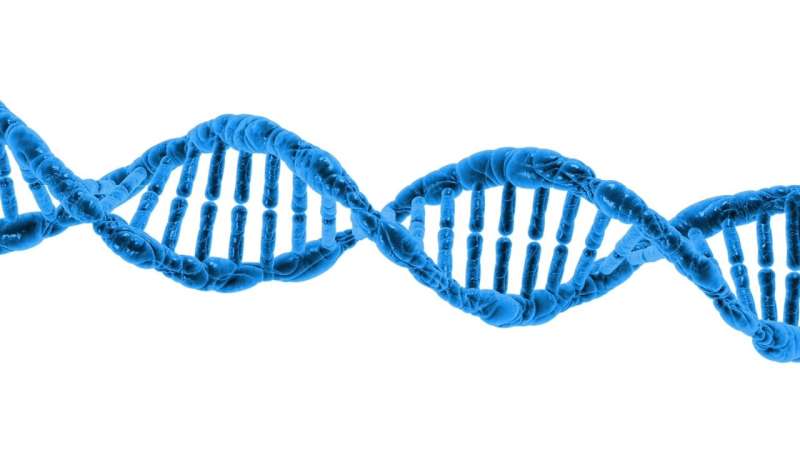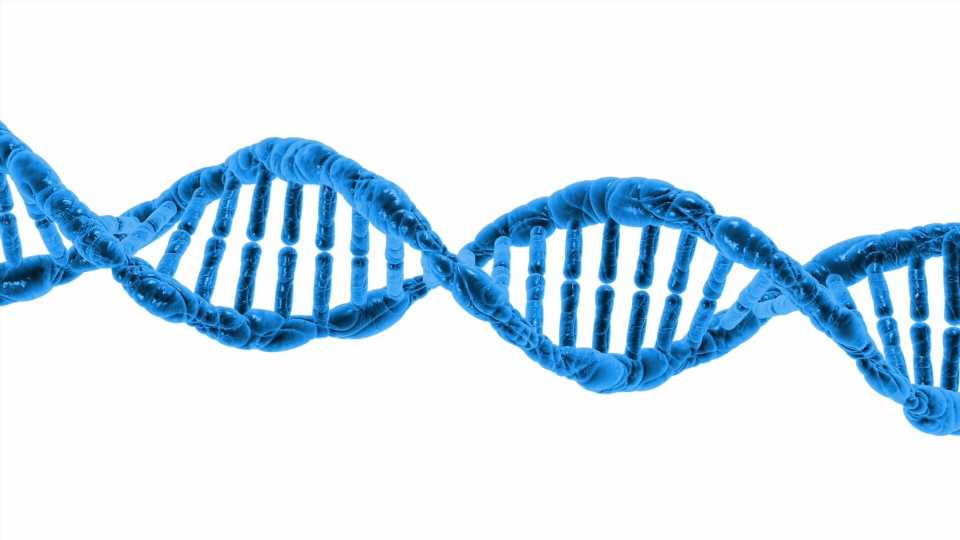
People genetically predisposed to have high LDL cholesterol are at an increased risk for coronary heart disease even if their cholesterol levels are only modestly elevated, according to a recent study published in Circulation.
Familial hypercholesterolemia is a genetic disorder which causes elevated LDL (sometimes called “bad”) cholesterol from birth and often leads to coronary heart disease at a young age. Familial hypercholesterolemia affects roughly one in 250 people in the U.S., according to the Centers for Disease Control and Prevention.
“The classic form of familial hypercholesterolemia is when there is a defect in one or both genes that code for the LDL cholesterol receptor,” said Donald Lloyd-Jones, MD, ScM, the chair and Eileen M. Foell Professor of Preventive Medicine and a co-author of the study.
“But there are lots of other people who have very high cholesterol levels for other reasons, and often there are multi-gene issues that can contribute. So, the purpose of this study was to see if all people with very high cholesterol have the same levels of risk, or if they have one of those single gene defects, are they at especially high risk compared to the people who have different reasons for their very high cholesterol levels.”
In the study, investigators analyzed data from more than 21,000 participants with no existing coronary heart disease who underwent whole genome sequencing as part of six previously conducted population-based cardiovascular studies. Investigators noted any variations in genes typically associated with familial hypercholesterolemia, as well as each person’s LDL cholesterol levels and other risk factors, including smoking status and BMI.
After following up with the participants roughly 20 years later, investigators found that people with high LDL cholesterol and the associated familial hypercholesterolemia genetic variants were nearly four times more likely to have coronary heart disease than those without the variants, according to the study.
Additionally, the presence of familial hypercholesterolemia genetic variations was associated with a higher risk of coronary heart disease, even when LDL cholesterol levels were only modestly elevated.
“Pooling together genetic and cholesterol data, and then outcomes data from these six population-based studies, what we see in the paper is that there’s this sort of graded relationship,” Lloyd-Jones said. “Yes, high cholesterol is worse for you than low cholesterol, but high cholesterol that’s related to one of these single-gene disorders is particularly risky and even riskier than the polygenic variety.”
This could be caused by heightened cholesterol levels over a lifetime for people with the genetic variants, Lloyd-Jones said.
“They’re getting a higher cumulative exposure,” he said. “They’re marinating their arteries in high cholesterol from day one, whereas people with a sort of more blended reason for that high cholesterol probably aren’t as exposed to as high of levels for their entire lifespan.”
Typically, familial hypercholesterolemia can be diagnosed based on LDL cholesterol levels alone, but the results of the study show that omitting a patient’s genetic information can give an incomplete picture of a person’s risk of heart disease, Lloyd-Jones added.
“These findings will beg the question, ‘Does this mean we need to do genetic testing in everybody who has high cholesterol levels?’ I think it suggests that we might want to do more of it, and particularly in familial settings,” Lloyd-Jones said.
“If we identify one person, we definitely want to do what we call cascade screening: Find other people in the family who might be affected by this so that we understand all of the risk in everybody in the family. But in general, the tools and the steps that we’ll take to control that cholesterol will be the same regardless of whether I know they have an underlying single gene defect or not.”
More information:
Yiyi Zhang et al, Association of Severe Hypercholesterolemia and Familial Hypercholesterolemia Genotype With Risk of Coronary Heart Disease, Circulation (2023). DOI: 10.1161/CIRCULATIONAHA.123.064168
Journal information:
Circulation
Source: Read Full Article
